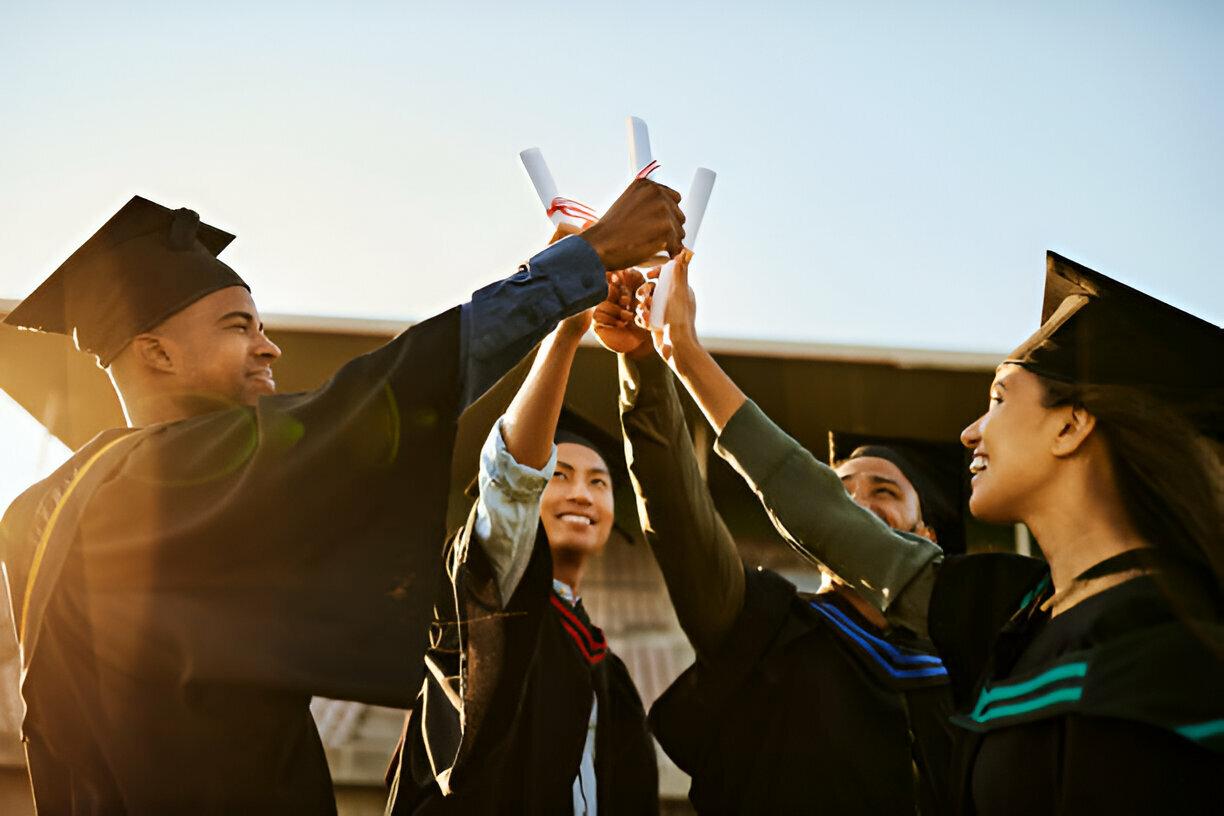Formal education is the foundation of intellectual development, career growth, and societal progress in Pakistan. In an era where knowledge is considered the most powerful resource, having a structured system of learning is not just an option—it is a necessity. Educational institutions across the country are striving to equip students with academic knowledge, practical skills, and ethical values that prepare them for the challenges of tomorrow.
The Role of Formal Education in Nation-Building
Every successful nation recognizes the significance of a well-planned education system. Formal education provides students with a clear path from early schooling to higher learning, ensuring they acquire essential skills step by step. This pathway is critical in Pakistan, where a young population seeks opportunities for advancement and employment.
Through structured curricula, students gain a balance of theoretical knowledge and applied learning. These systems also emphasize civic responsibility, cultural values, and leadership qualities, enabling individuals to contribute positively to their communities.
Transforming Futures Through Formal Education
The power of education lies in its ability to transform futures. When learners are given access to consistent and well-organized teaching, they not only achieve academic excellence but also develop critical thinking, problem-solving, and communication skills.
In Pakistan, where economic and social growth are tightly connected with education, formal education ensures that students are not left behind in the global race. It opens doors to professional careers in medicine, engineering, business, teaching, and countless other fields. Moreover, it enhances confidence and creativity, giving young people the tools to dream and the skills to achieve.
Strengthening Communities with Formal Education
Communities thrive when they are built upon knowledge and awareness. Formal education fosters unity, mutual respect, and collaboration by teaching shared values and ethics. In Pakistan’s diverse society, education is a bridge that connects people from different backgrounds, promoting inclusivity and harmony.
Educational institutions also empower families by creating opportunities for future generations. Parents who invest in their children’s education are not only improving their own households but also contributing to the betterment of society at large. In this way, formal education is not just about individuals—it uplifts entire communities.
The Contribution of Institutions Toward Formal Education
Institutions play a vital role in shaping the educational landscape of Pakistan. With modern teaching methods, digital resources, and updated curricula, many institutes are working tirelessly to create environments where learning is engaging and effective.
Ali Institute of Education stands as one such example, committed to nurturing capable educators who can inspire students across the nation. By preparing teachers with innovative teaching strategies, such institutions ensure that classrooms remain vibrant, interactive, and impactful.
The Future of Pakistan Relies on Formal Education
As Pakistan moves forward in a rapidly changing world, the role of education becomes more critical than ever. To compete globally, the nation must continue investing in high-quality teaching, research, and professional development.
Formal education will serve as the backbone of this progress. It will empower young Pakistanis to take leadership roles, innovate in technology, advance in sciences, and excel in creative industries. Ultimately, the future of the country is intertwined with the strength of its education system.
Conclusion: Formal Education as the Key to Progress
Formal education is the cornerstone of Pakistan’s journey toward growth and prosperity. By equipping individuals with knowledge, values, and skills, it lays the groundwork for both personal success and national development. The investment in structured learning today will shape a brighter, stronger, and more resilient Pakistan tomorrow.
Frequently Asked Questions (FAQs)
1. Why is formal education important in Pakistan?
Formal education provides structured learning, helping individuals acquire skills, knowledge, and discipline essential for personal and national progress. It also promotes equality and opens opportunities for everyone.
2. How does formal education benefit communities?
It fosters shared values, inclusivity, and unity, empowering families and strengthening society by creating opportunities for future generations.
3. What challenges does Pakistan face in expanding formal education?
Challenges include unequal access to resources, limited infrastructure in rural areas, and the need for more trained educators. However, ongoing efforts are being made to overcome these obstacles.
4. What role do institutions play in supporting formal education?
Institutions design curricula, provide skilled teachers, and create effective learning environments. They are the backbone of ensuring quality education reaches students across the country.
5. How can formal education shape Pakistan’s future?
By preparing young people with knowledge and skills, formal education positions Pakistan to compete globally, drive innovation, and achieve sustainable development.

